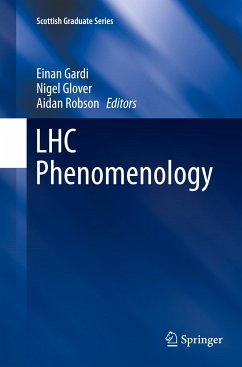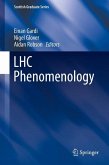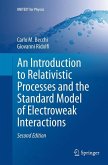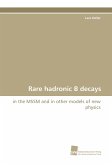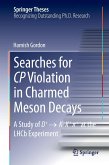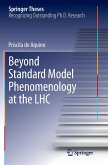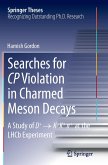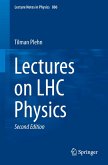This book covers a very broad spectrum of experimental and theoretical activity in particle physics, from the searches for the Higgs boson and physics beyond the Standard Model, to detailed studies of Quantum Chromodynamics, the B-physics sectors and the properties of hadronic matter at high energy density as realised in heavy-ion collisions.
Starting with a basic introduction to the Standard Model and its most likely extensions, the opening section of the book presents an overview of the theoretical and phenomenological framework of hadron collisions and current theoretical models of frontier physics. In part II, discussion of the theory is supplemented by chapters on the detector capabilities and search strategies, as well as an overview of the main detector components, the initial calibration procedures and physics samples and early LHC results. Part III completes the volume with a description of the physics behind Monte Carlo event generators and a broad introduction to the main statistical methods used in high energy physics.
LHC Phenomenology covers all of these topics at a pedagogical level, with the aim of providing young particle physicists with the basic tools required for future work on the various LHC experiments. It will also serve as a useful reference text for those working in the field.
Starting with a basic introduction to the Standard Model and its most likely extensions, the opening section of the book presents an overview of the theoretical and phenomenological framework of hadron collisions and current theoretical models of frontier physics. In part II, discussion of the theory is supplemented by chapters on the detector capabilities and search strategies, as well as an overview of the main detector components, the initial calibration procedures and physics samples and early LHC results. Part III completes the volume with a description of the physics behind Monte Carlo event generators and a broad introduction to the main statistical methods used in high energy physics.
LHC Phenomenology covers all of these topics at a pedagogical level, with the aim of providing young particle physicists with the basic tools required for future work on the various LHC experiments. It will also serve as a useful reference text for those working in the field.

